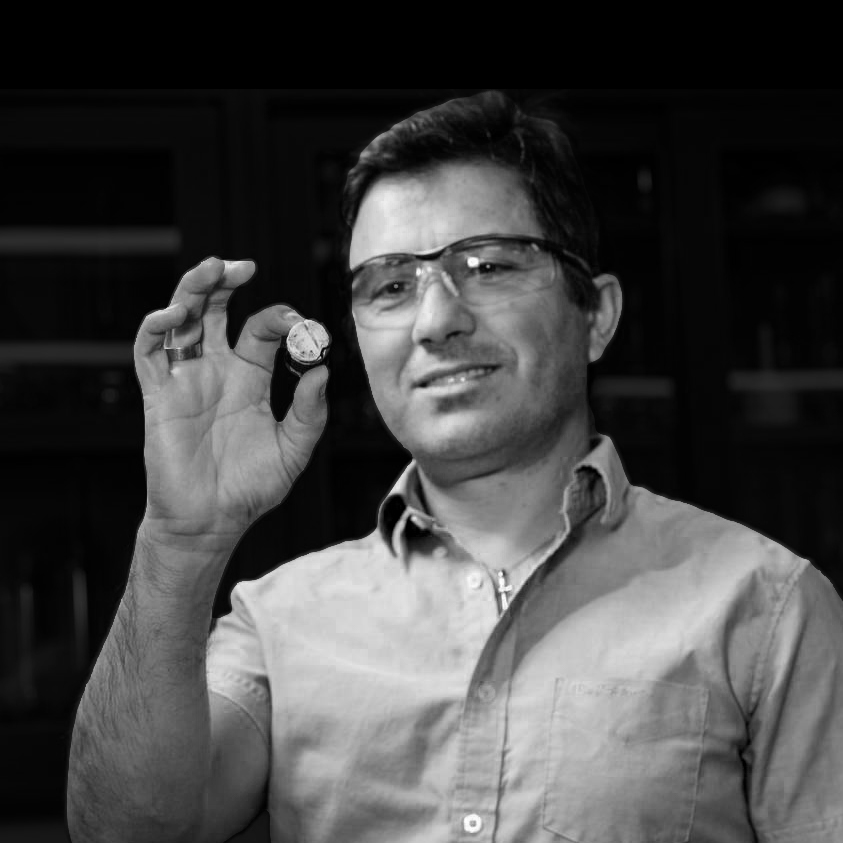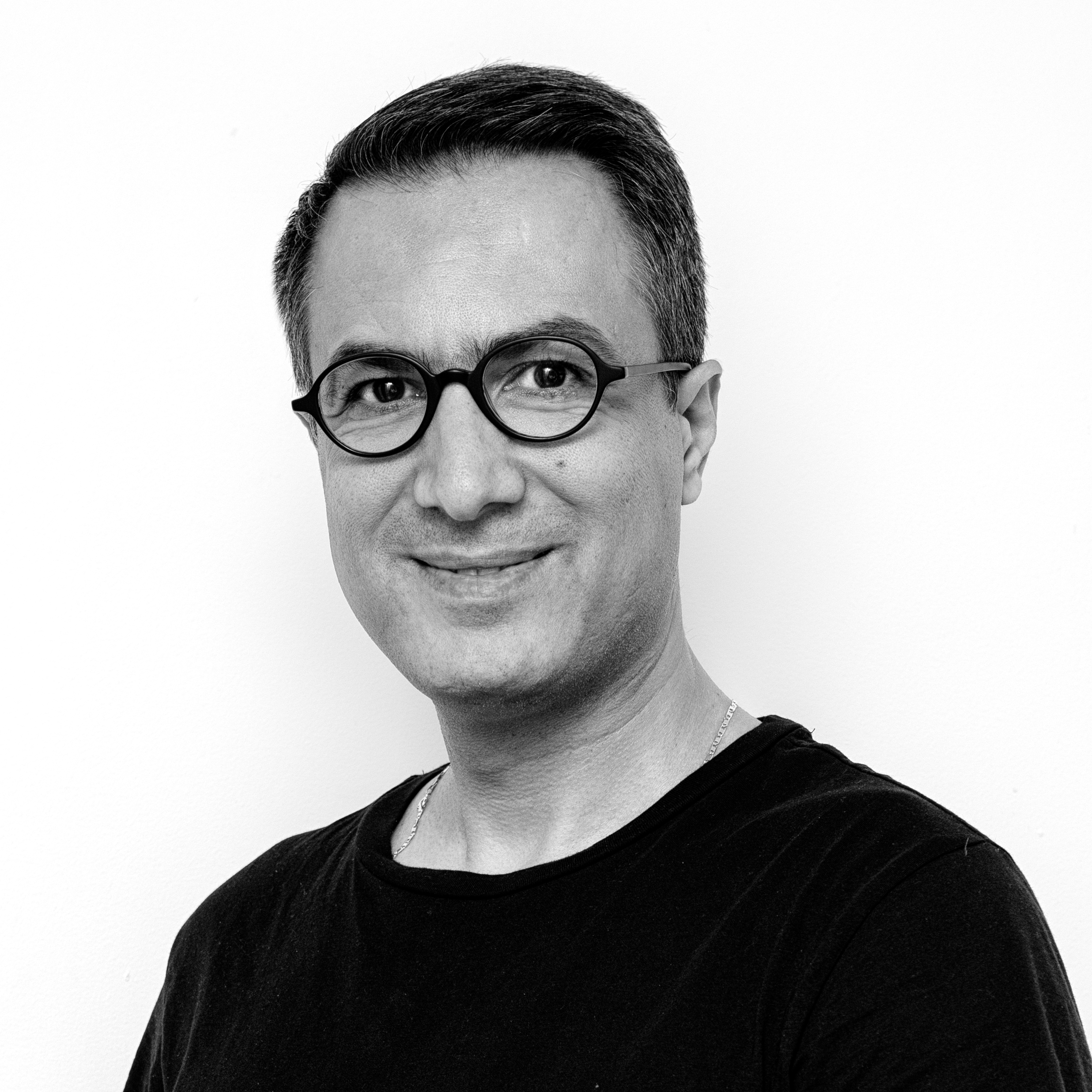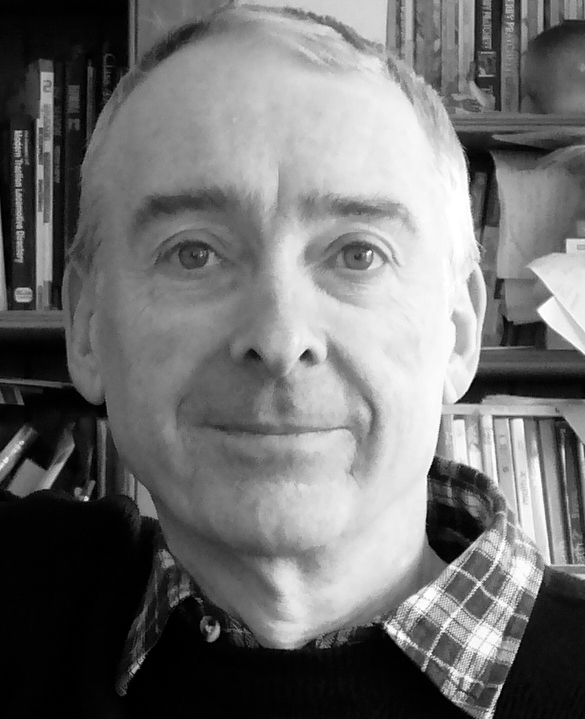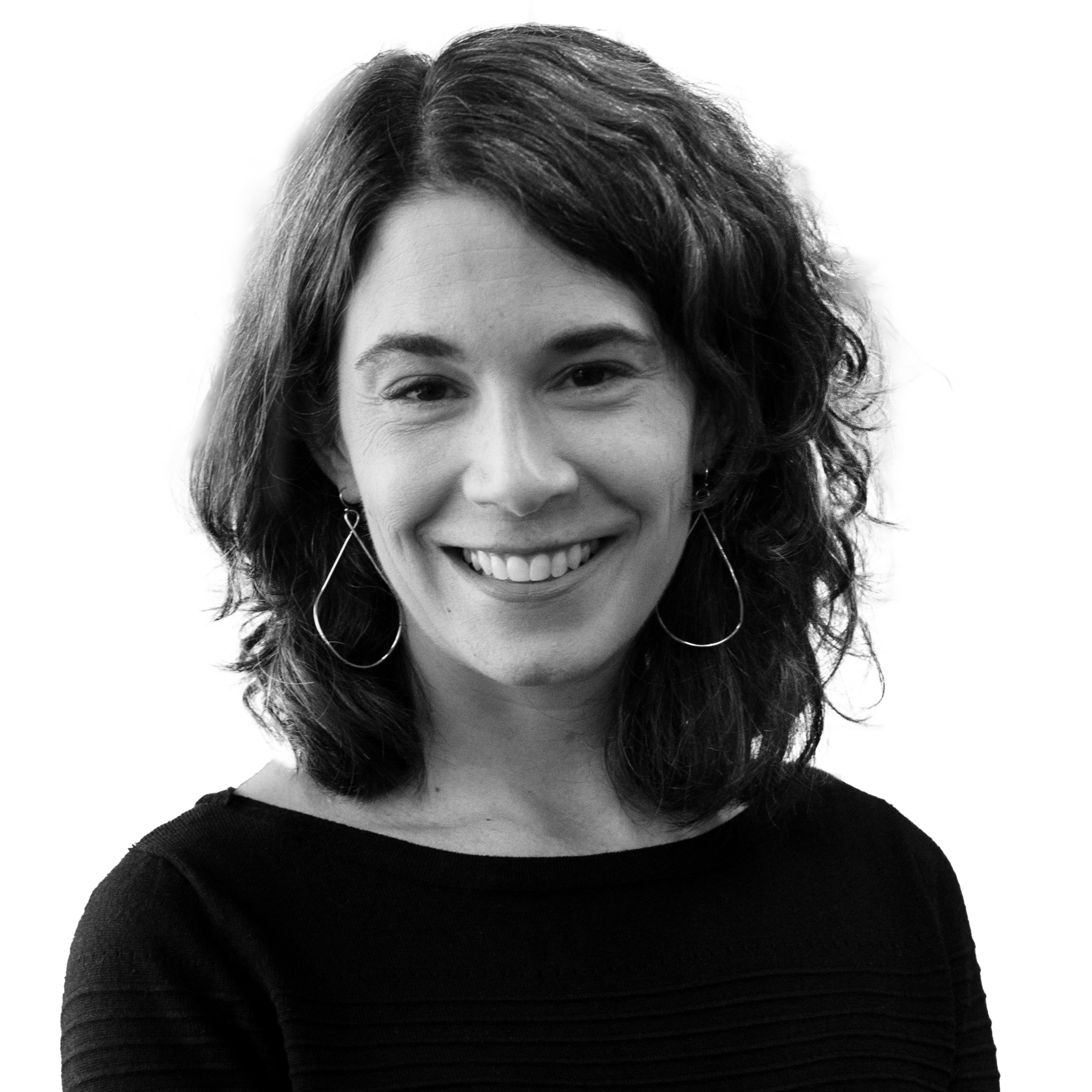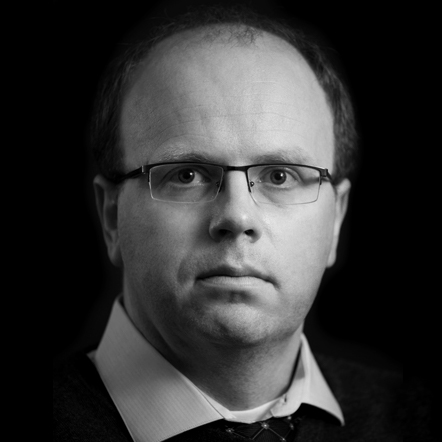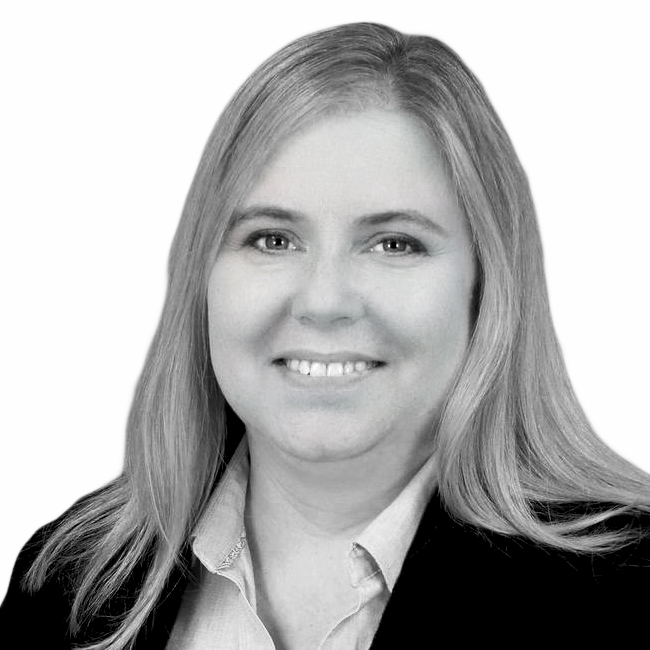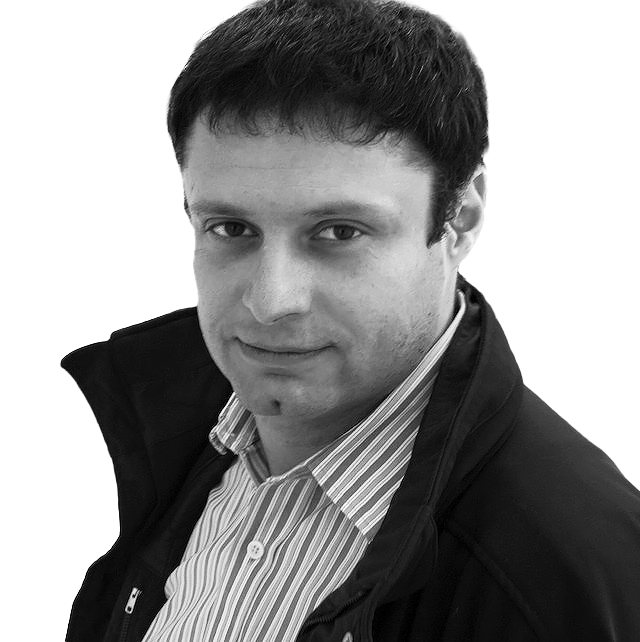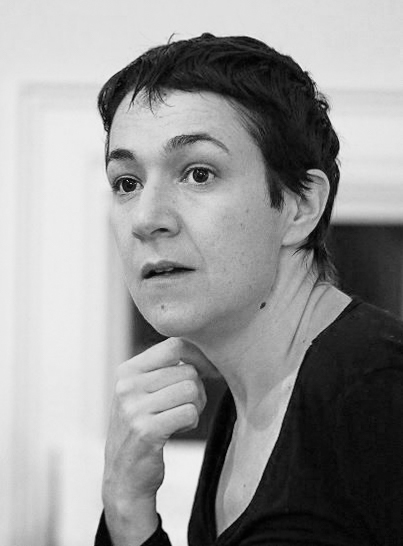
|
|
|
LecturersCarlos Fernandez
Dr. Carlos A. Fernandez is a Chief Scientist and Team Lead at U.S. Department of Energy’s (US-DOE) Pacific Northwest National Laboratory with over twenty years of experience in industrial and governmental R&D. Previous to joining PNNL, he worked as a researcher and consultant for the industry sector in the Center of Excellence for Products and Processes of Cordoba, Argentina. Since joining PNNL in 2006, Dr. Fernandez research has focused on the engineering of nanomaterials, porous materials, composites and smart fluids for environmental and energy applications. He has managed several multi-institution projects funded by the DOE’s Energy Efficiency and Renewable Energy with a total funding volume of $16 million in the past five years. Siavash Ghabezloo
Siavash Ghabezloo is a research scientist and professor at Ecole des Ponts ParisTech, France. He received a PhD degree in Geomechanics from Ecole des Ponts ParisTech. He has also a civil engineering degree from Shiraz university and a Master of Science in Soil Mechanics and Foundations from Tarbiat-Modarres university in Iran. His research works are mainly based on poromechanics theory, in its broad sense, with a particular emphasis on the characterization of the behavior of geomaterials. During the past ten years he contributed mainly to characterization of thermo-hydro-mechanical behavior of cement paste for oil-well integrity assessment and claystone for nuclear waste disposal. Siavash Ghabezloo is the vice president and general secretary of the French Rock Mechanics Committee. Simon James
Simon James is a consultant for well cementing, product development and innovation and president of CS8 Consulting. Prior to this he spent 27 years with Schlumberger in various R&D roles covering cementing, drilling fluids and stimulation. His most recent assignment was as Cementing Advisor in the Schlumberger Product Centre in Clamart, France. Simon has co-authored more than 25 technical papers and is inventor or co-inventor on 38 US patents. He holds a BA degree in natural sciences and a PhD degree in physics, both from the University of Cambridge, UK. Maria Juenger
Dr. Maria Juenger is the L.B. (Preach) Meaders Professor of Engineering in the Department of Civil, Architectural, and Environmental Engineering and Associate Dean of Graduate Education Transformation in the Graduate School at the University of Texas at Austin. Dr. Juenger’s teaching and research focus on materials used in civil engineering applications. She primarily examines chemical issues in cement-based materials, including phase formation in cement clinkering, hydration chemistry of cements and supplementary cementitious materials, and chemical deterioration processes in concrete. Her current research efforts emphasize the interaction of cement-based materials and the environment. This work encompasses the development and characterization of cementitious systems with lower carbon dioxide and energy footprints, as well as the capacity of cementitious materials to produce or remove airborne and waterborne pollutants. Dr. Juenger is a fellow of the American Concrete Institute (ACI) and the American Ceramic Society (ACerS). She currently serves on the Board of Directors of ACI. She has received several awards from ACI for her research, teaching, and service, including the Walter P. Moore, Jr. Faculty Achievement Award, the Young Member Award for Professional Achievement, the Wason Medal for Materials Research, the Delmar L. Bloem Distinguished Service Award, and the Concrete Sustainability Award. She has also received a Faculty Early CAREER Award from the National Science Foundation. She is an associate editor of Cement and Concrete Composites and is on the editorial boards of both Cement and Concrete Research and ACI Materials Journal. Dr. Juenger received her B.S. degree in Chemistry from Duke University and Ph.D. in Materials Science and Engineering from Northwestern University. After completing her Ph.D., she was a postdoctoral researcher in Civil Engineering at the University at California, Berkeley before coming to the University of Texas at Austin. Konrad Krakowiak
Konrad J. Krakowiak (PI), Ph.D. holds an Assistant Professor position, in the Civil and Environmental Engineering Department. Before joining UoH, he was appointed as a Research Scientist, and Postdoctoral Associate, in the Concrete Sustainability Hub (CSHub@MIT) at MIT, an interdisciplinary team of researchers from several departments across MIT working on concrete science and engineering. While at MIT he was a leading experimentalist in the research project focused on mechanical performance and durability of cement-based matrices for high-temperature and high-pressure applications (X-CEM). He has also actively collaborated on the synthesis of new cement-based matrices for applications in geothermal wells. He developed a novel characterization method of composite materials that allows direct correlation of nano-indentation mechanical properties with local phase composition. Dr. Krakowiak obtained his Ph.D. in Civil Engineering from the University of Minho, Portugal, where he focused on the experimental micro-mechanics of construction materials. His current research activities include advanced experimental analysis and modeling of cement-based materials under thermo-chemo-mechanical loads including high temperature and pressure, cement geochemistry, development of novel reduced-aging and carbon-neutral cement-based materials. Results of his research have been published in various journals including Cement and Concrete Research, Nature Communications, and Proceedings of the National Academy of Sciences. He is an active member of the TRB Committee on Basic Research and Emerging Technologies Related to Concrete - AFN10, as well as ACI Committee 241 Nanotechnology of Concrete.
Barbara Kutchko
Dr. Kutchko is a research scientist with the National Energy Technology Laboratory specializing in wellbore isolation, well cementing, and subsurface materials characterization. She has a PhD from Carnegie Mellon University’s Civil and Environmental Engineering and a MS in Geology from the University of Pittsburgh. She works with oil and gas companies, government agencies, and universities to evaluate cementing practices and research needs to ensure the safe placement of cement. Her research has informed federal policy and she served as an objective expert in the federal litigation over the Macondo incident. She is the recipient of a 2016 Pittsburgh Women in Energy award and a 2015 Pittsburgh Energy Award in Upstream. In 2014, she received a Federal Executive Board (FEB) Excellence in Government Award for outstanding contributions to science. Matteo Loizzo
Matteo Loizzo has been an international consultant in well integrity and CO2 storage for over 10 years.
His previous career with Schlumberger spanned field operations, research & development, QHSE and carbon dioxide geological storage. His current research interests include harnessing creeping formations (such as salt and shales) to help control well leaks, modeling leaks through cement, inverting geophysical measurements and quantifying methane emissions from oil & gas wells. He also provides technical training in the field of well integrity as well as QHSE, management systems and asset integrity.
Matteo holds an Master’s degree in aerospace engineering from Rome university “La Sapienza”, Italy, has authored or coauthored 30 technical papers as well as a book chapter on CO2 storage, and he’s the Program Chair of SPE’s Well Integrity Technical Section. Agathe Robisson
Agathe Robisson heads the Building Materials and Materials Technology Research Unit in the Civil Engineering Department of the Vienna University of Technology. Before this, she spent 15 years at Schlumberger Doll Research Center, in Boston USA, where she managed the Materials Research Group. She received her PhD from Ecole des Mines Paris in France. Her technical interests range from the behavior of complex fluids and suspensions, with a focus on cementitious slurries, the mechanics of soft materials such as elastomers, to the behavior of set concrete.
Luca Sorelli
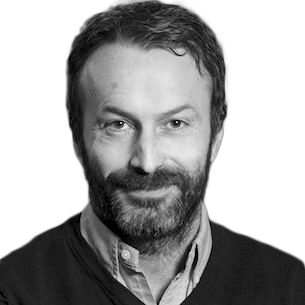 Luca Sorelli is a structural engineer and full professor in the civil engineering department at Laval University since 2008. He has developed a wide breadth of competences thanks to an international career at the structural durability division at IFSTTAR (Paris), at the civil engineering department of MIT (Cambridge) and at the Lafarge Research Center (LCR). He has consulted several works of UHPFRC in France and Canada as an expert. His research interests focus on: (i) green and sustainable construction; (ii) multiscale approach to composite materials; (iii) innovative techniques for strengthening existing structures (iv) innovative composite structures for buildings and infrastructure.
Malin Torsæter
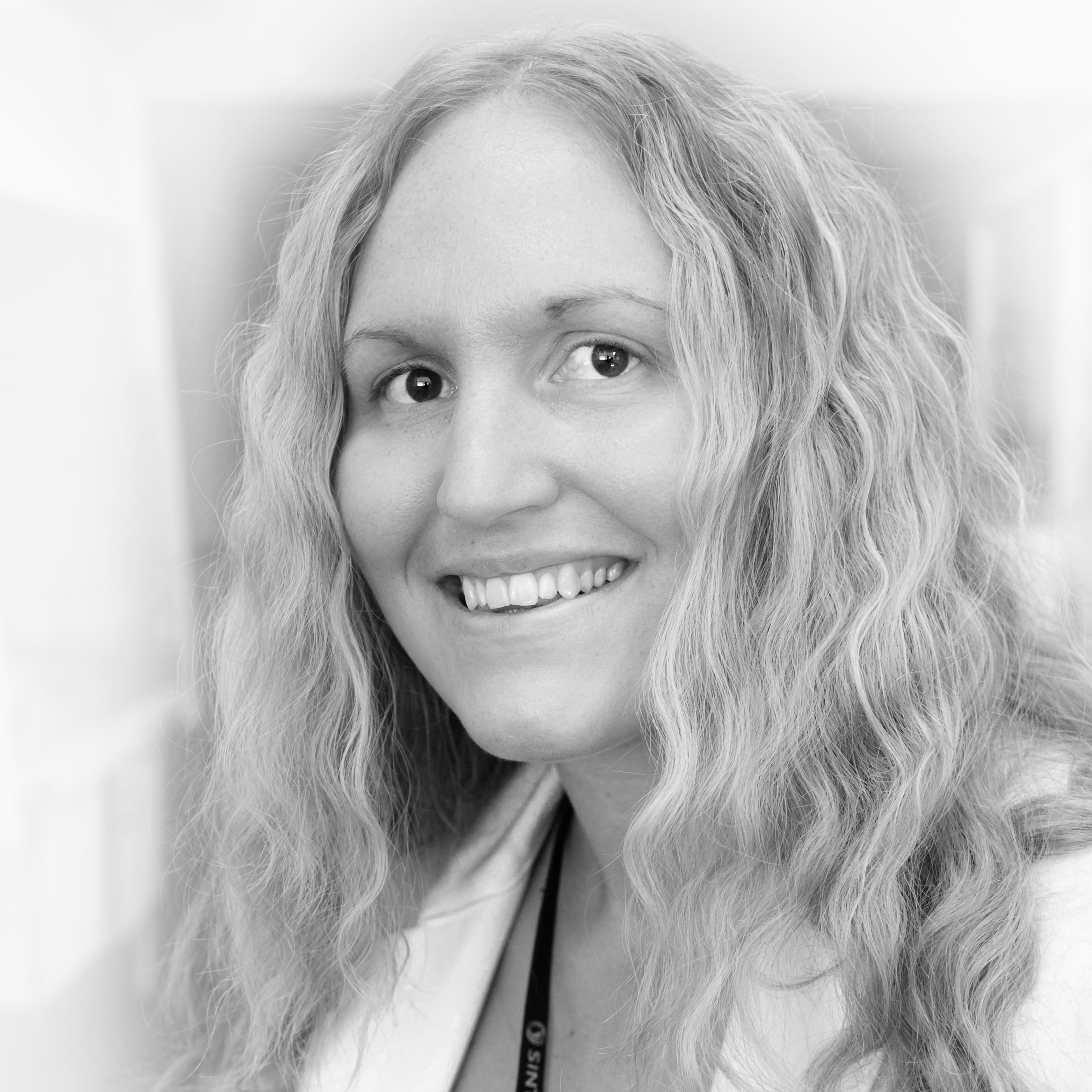 Malin has a MSc in Technical Physics and a PhD in Physics from the Norwegian University of Science and Technology (NTNU) in Trondheim. She has worked as a senior scientist in the department of Drilling and Wells, and is currently Research Manager of the department of Applied Geoscience at SINTEF. During the last 10 years, Malin's research has focused on well integrity - especially related to primary cementing and well plugging. She has authored a textbook on well cementing and over 40 peer reviewed papers on related topics. Malin is today leading several large national research projects on well integrity, and she is also Centre Director of one of Norway's largest research centres, the "LowEmission - Research Centre for a Low-Emission Petroleum Industry on the Norwegian Continental Shelf" with a budget of over 30 MEUR.
Manh-Huyen Vu
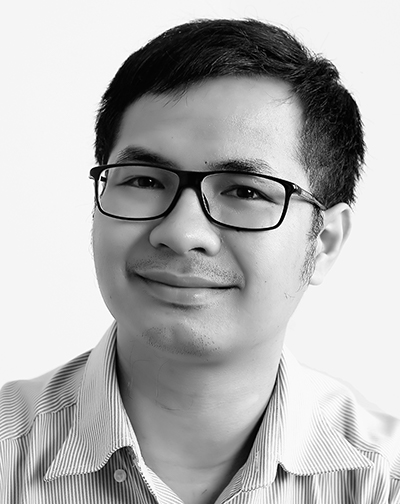 Manh-Huyen Vu is a R&D engineer at CURISTEC. His research interests include cement-sheath/cement-plug integrity, gas migration modelling, geomechanical simulations and testing equipment design. He has authored and/or coauthored more than ten technical papers and two patents. He holds a PhD degree in petroleum cements and geomechanics from Ecole des Ponts ParisTech (France).
Louis Zinsmeister
Dr Louis Zinsmeister is a poro-mechanician currently working in the “Fluids and Cement” department at Total. After completing a Ph.D about the long-term CO2 storage and its effect on the carbonated reservoir mechanical properties using an innovating 2D and 3D image correlation method, Louis worked on the development of the unique set-up Slurry To Cement Analyzer build by Total. Using this innovative set-up, Louis aims to obtain the mechanical properties of a cement during its hardening and thus, to improve the integrity of wells. Recent results focused on the new generation type of cement like post-expansion cement, “flexible” cements and the challenges provided by the CCUS. |
| Online user: 9 | Privacy |

|
